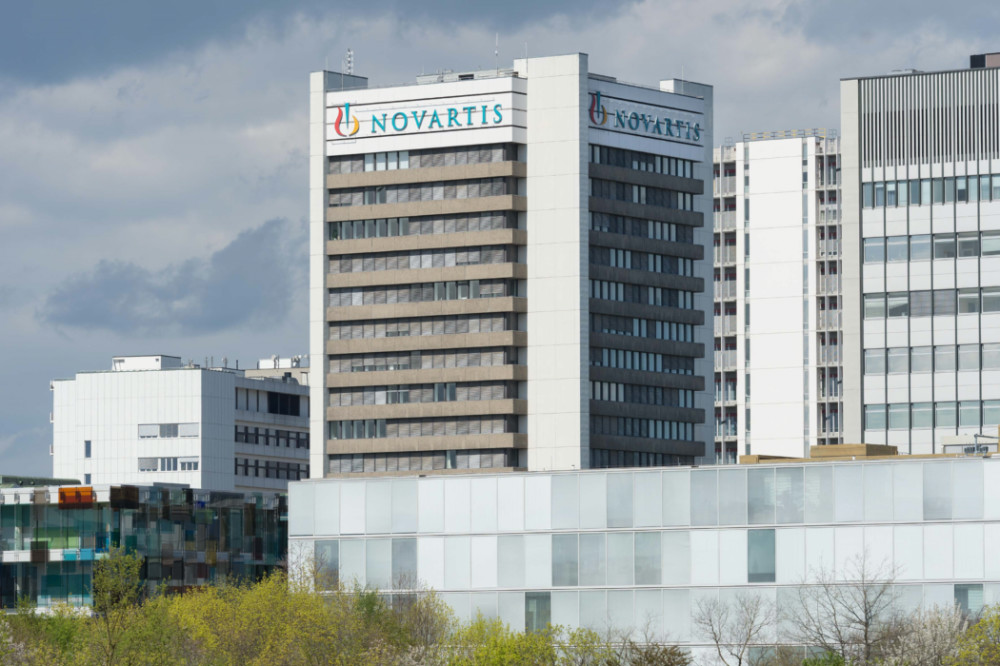The U.S. Food and Drug Administration (FDA) has granted accelerated approval for Novartis’ Fabhalta (iptacopan), a first-in-class complement inhibitor for the reduction of proteinuria in adults with primary immunoglobulin A nephropathy (IgAN) at risk of rapid disease progression. This is generally defined as a urine protein-to-creatinine ratio (UPCR) ≥1.5 g/g. Fabhalta specifically targets the alternative complement pathway of the immune system. When overly activated in the kidneys, the complement system is thought to contribute to the pathogenesis of IgAN.
This indication is granted under accelerated approval based on the pre-specified interim analysis of the Phase III APPLAUSE-IgAN study measuring reduction in proteinuria at 9 months compared to placebo. It has not been established whether Fabhalta slows kidney function decline in patients with IgAN. The continued approval of Fabhalta may be contingent upon verification and description of clinical benefit from the ongoing Phase III APPLAUSE-IgAN study, evaluating whether Fabhalta slows disease progression as measured by estimated glomerular filtration rate (eGFR) decline over 24 months. The eGFR data are expected at study completion in 2025 and are intended to support traditional FDA approval.
“The heterogeneous and progressive nature of IgA nephropathy has made it challenging to effectively treat this disease. Thankfully, the treatment landscape is rapidly evolving,” said Professor Dana Rizk, Investigator and APPLAUSE-IgAN Steering Committee Member and professor in the University of Alabama at Birmingham Division of Nephrology. “Mounting clinical evidence underscores the pivotal role of complement activation in IgA nephropathy. I am thrilled that this advancement is now available to help enable a targeted treatment approach for IgAN patients.”
IgAN is a progressive, rare disease in which the immune system attacks the kidneys, often causing glomerular inflammation and proteinuria. Approximately 25 people per million worldwide are newly diagnosed with IgAN each year. Each person’s disease journey is unique as IgAN progresses differently and treatment responses vary as well.
Despite current standard of care, up to 50% of IgAN patients with persistent proteinuria progress to kidney failure within 10 to 20 years of diagnosis. These patients often require maintenance dialysis and/or kidney transplantation. Effective, targeted therapies with different mechanisms of action can help physicians select the most appropriate treatment for patients.
“Today’s approval of Fabhalta as a first-in-class medicine for IgA nephropathy is an important milestone in our journey to evolve rare renal disease care by bringing new treatments to people in urgent need of options,” said Victor Bultó, President US, Novartis. “We are deeply committed to those living with rare renal diseases and look forward to continued partnership with this community as we further advance our broad portfolio.”
Novartis is advancing the late-stage development of two additional IgAN therapies with highly differentiated mechanisms of action: atrasentan, an investigational oral endothelin A receptor antagonist that received FDA filing acceptance in Q2 2024, and zigakibart, an investigational subcutaneously administered anti-APRIL monoclonal antibody that is currently in Phase III development.


